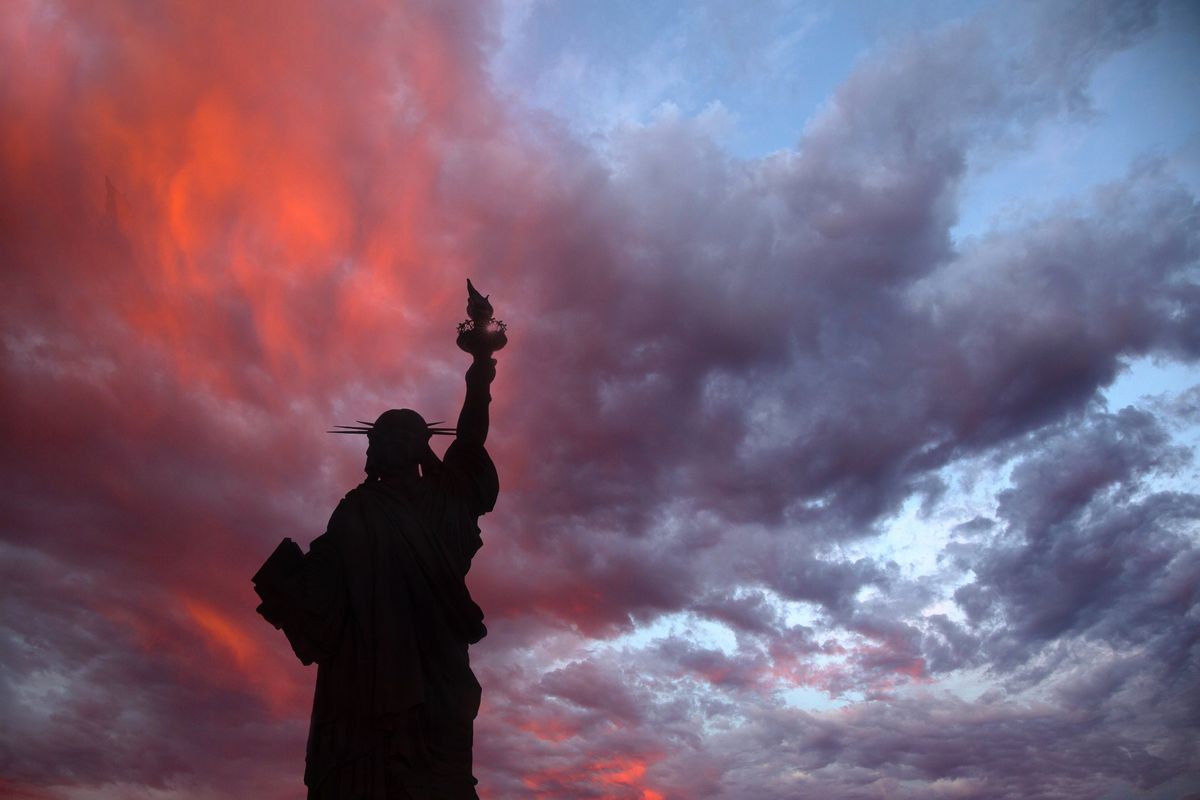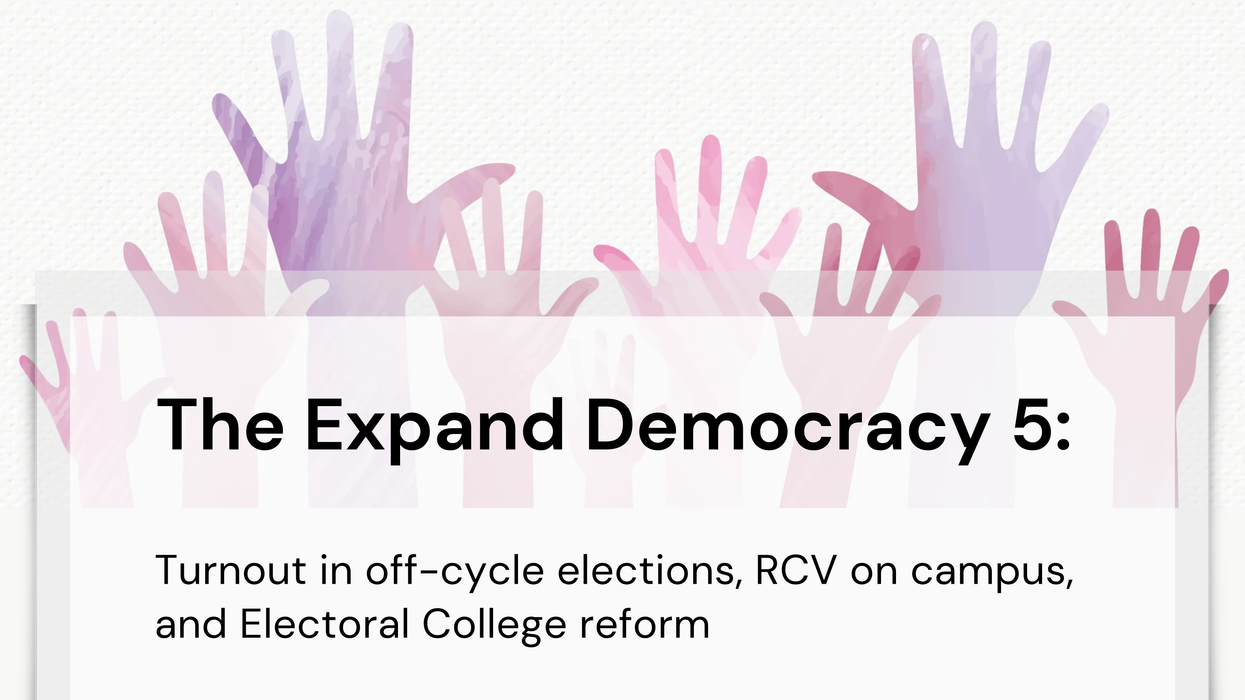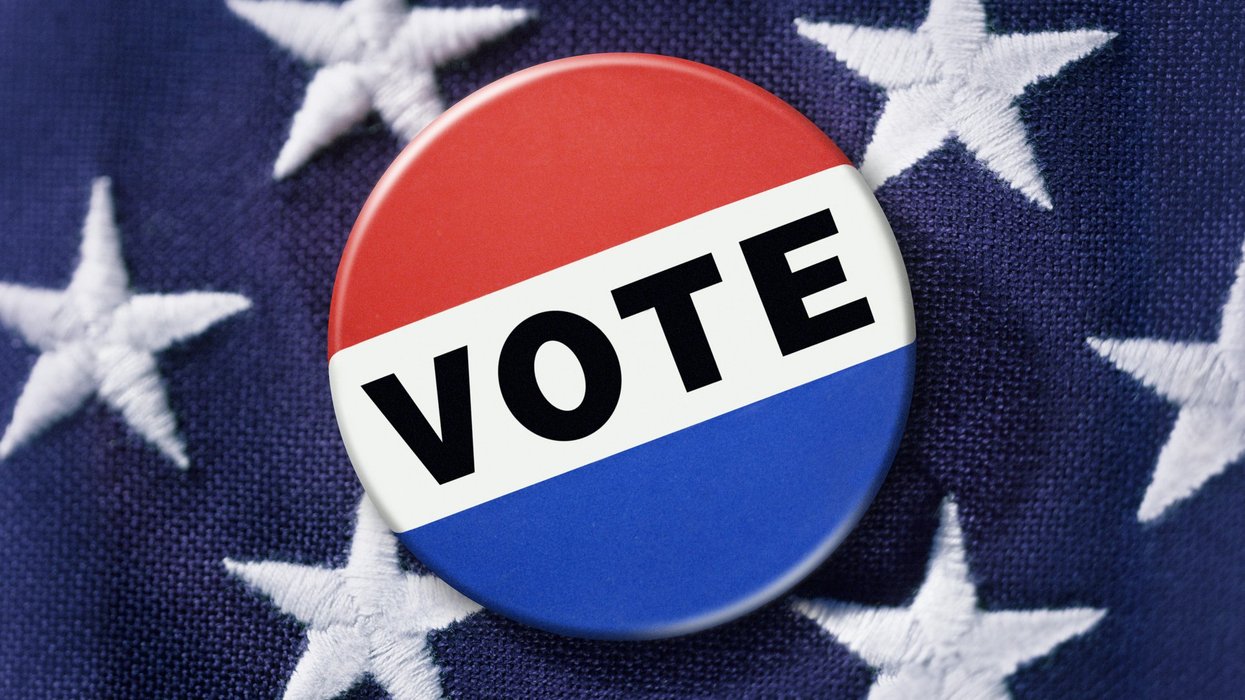Reacting to criticism about the wave of big-money donors who have fueled his campaign, Joe Biden is allowing reporters into his fundraisers.
The former vice president's effort at transparency is designed to mollify Democratic voters worried about the pernicious effects that millionaires' cash can have on campaigns. And it creates some contrast with most of his presidential rivals, who are doing most of their fundraising from behind a curtain – by focusing on fundraising online and in smaller amounts not subject to disclosure.
The see-through nature of Biden's money machine is not comprehensive: Cameras are not allowed to film inside the mansions where the big donors mingle, some of the schmoozing is kept off limits, and it's "pool coverage" only, meaning a single reporter gets inside to take notes of the speeches and the atmospherics and that reporting is then shared for the rest of the press corps to use.
Still, those pool reports do peel back the curtain a bit on what goes on inside exclusive gatherings where donors pay thousands of dollars to get up close and personal with a top-tier national candidate. Four things that have become clear from the first handful of Biden events where the doors have been cracked ajar:
Sign up for The Fulcrum newsletter
- The price may be steep, but at least the food is good. At the Los Angeles home of media executive Joe Waz and Cynthia Telles, who serves on boards affiliated with Kaiser Permanente, attendees were treated to ahi tuna ceviche and avocado, langoustine tail, and caviar.
- Just because the events are behind closed doors does not mean the public can't be heard. At the Telles-Waz event, about a dozen protesters from the union representing Kaiser's mental health clinicians could be heard chanting: "Kaiser, Kaiser, you can't hide: We can see your greedy side."
- The events don't lack for irony. In a swanky private room at the NoMad casino in Las Vegas, the hosts were MGM chief executive Jim Murren and his wife, Heather, an investor and former Wall Street analyst. Before introducing Biden, she lamented that "capitalism has been morphed into a system that concentrates wealth." At a breakfast gathering at an exclusive downtown Los Angeles social club, Biden lamented the Trump tax cut, widely seen as favoring the wealthy. "This God-awful tax cut – even though it may have benefited some of you – the God awful tax cut has not helped anybody who's real, anybody out there breaking their neck trying to figure out how to make the next meal."
- Joe is still Joe, no matter where he is. For the most part, Biden gave these high-dollar donors a version of the same stump speech he is giving to the huddled masses. And of course, he had to throw in references to the wisdom imparted by his grandfather: "Joey, keep the faith." And his grandmother: "No, Joey: Spread it. Go spread the faith."





















